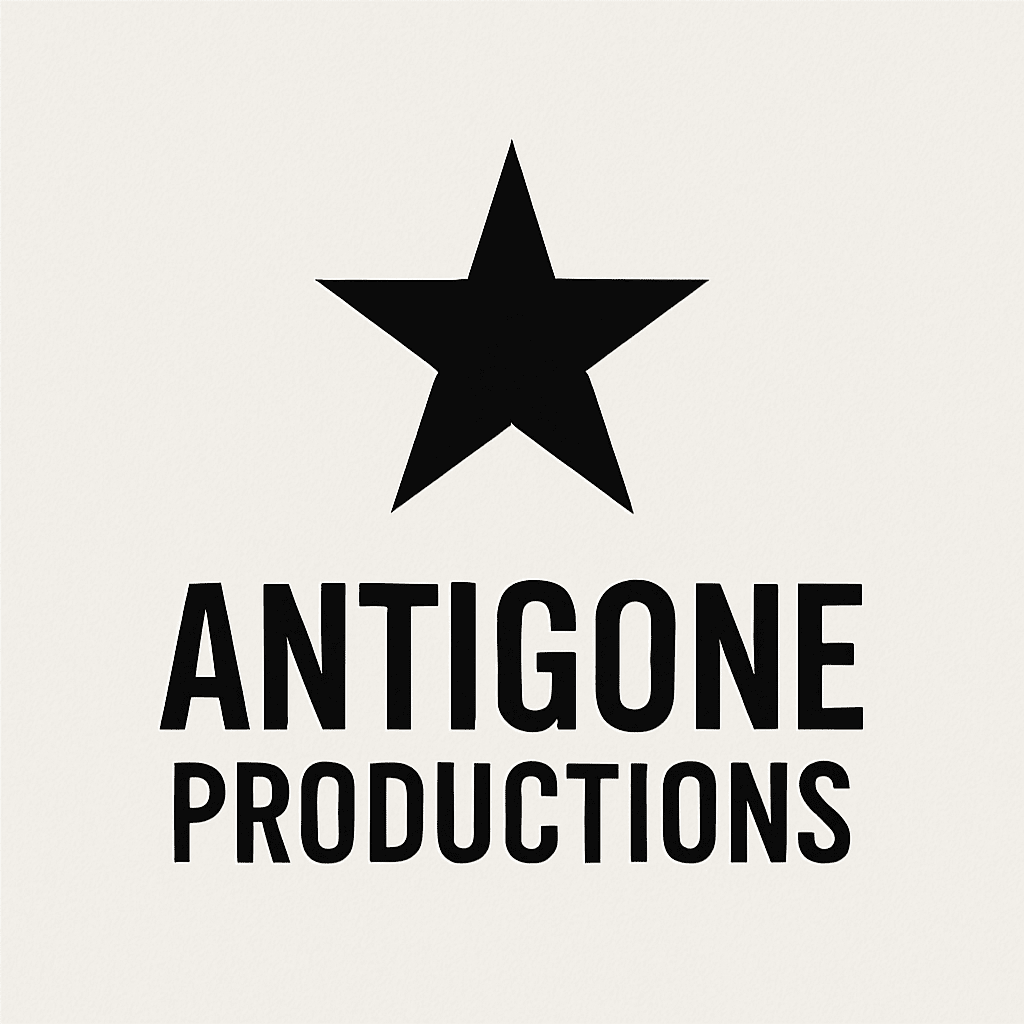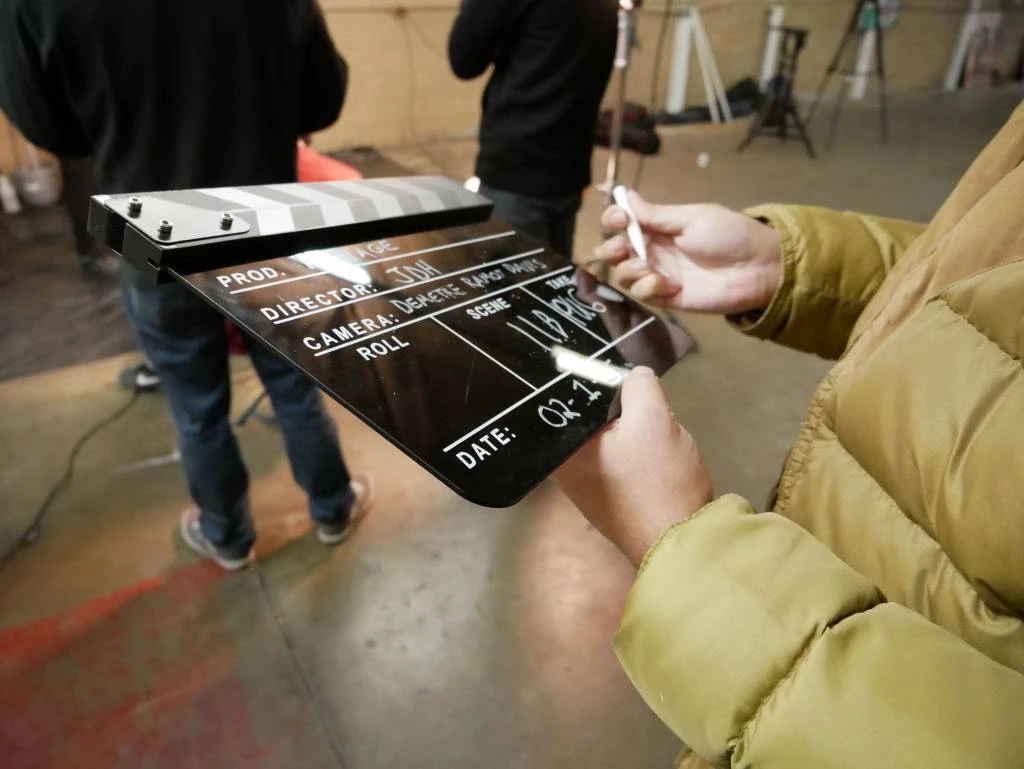If you’re a writer, then write. Not just small, safe stories—write big. Write bold. Write massive, sweeping, epic tales that take the audience on a journey they’ll never forget. That’s the beauty of being a writer: infinite freedom. There are no borders in your imagination, no budget constraints in your head. You can build worlds, bend time, and resurrect legends—all with a blank page.
But here’s the rub: the film industry does have boundaries. Strict ones.
In the literary world, novelists can spin out 1,200-page masterpieces and still land on a bestseller list. In film, if your screenplay creeps over 90 pages, executives start getting nervous. They start counting budget lines and glancing at runtime. Your freedom as a storyteller runs headfirst into the limitations of production, finance, and scheduling.
Now, I’m never going to tell a writer to limit their vision. But this is where you have to pause and ask yourself a critical question:
What Are Your Goals?
Do you want to be a writer? A director? A producer?
Each path has its own obstacles, its own pressures, its own kind of grind. But all of them demand one common thing: experience. And in this business, experience is currency.
Whether you’re trying to sell a novel, pitch a screenplay, or just land a meeting, your job is simple:
Don’t give them a reason to say no.
That means your material needs to grab and hold. Your pitch needs to click. Your presence needs to register. Because, yes—getting a script “optioned” or landing a “development deal” can feel like the finish line. But it’s not. It’s just the next stage of the hustle. (We’ll talk about that in another post.)
Let’s Get Honest
At the end of the day, everything comes down to money.
And when it’s someone else’s money, you better believe the hoops multiply. Because whether it’s a production company, a studio, or an indie investor—they’re looking for a reason to pass. They’re looking for content that brings profit, prestige, or both—but mostly profit.
So if you’re lucky enough to get that call, email, or text from a production company expressing even mild interest, take a breath. Get excited—but don’t lose your head. Go back to your goals. Because interest means one thing: there will be notes.
Sometimes, those notes are minor—dialogue tweaks, pacing suggestions. Other times, they’re maddening—changes so drastic you wonder if they even read the script. This is where your goals come into sharp focus.
We all believe in our words. That’s part of being a writer. We fight for them. But here’s a truth that’s hard to swallow:
If you want to sell your work, at some point, you’ll need to compromise.
Otherwise, you’re just another waiter, Uber driver, or bank teller with a “passion project.” And I say that with love—because we’ve all been there.
This business is about your résumé—your track record. It’s about script sales and produced credits. When your work gets made, even if it’s not perfect, it gives the “money people” more confidence in taking the next risk on you.
And look, there are a lot of “produced writers” out there… most have sold absolute crap. One scroll through the endless list of forgettable content on the streaming platforms proves that. But they have something you don’t yet: credits.
A wise friend once said something to me I’ve never forgotten. When I was venting about changes to one of my stories, he asked:
“Is this the hill you want to die on? If it is, stand firm. If it’s not… sell the script.”
Simple. Powerful. True.
The Goal Isn’t to Win One Battle
It’s to build a career.
Every script you sell is a rung on the ladder—one step closer to creative autonomy. One step closer to calling your own shots.
So write your epics. Stand by your vision. But never forget to check in with your goals.
Because in the end, writing is art, but selling is strategy. And the writers who survive? They master both.
🎬 Real Talk for Writers
Your story matters. But if you want to survive in the industry, you have to sell it—without losing your soul.
Whether you’re pitching a script or producing your own work, never forget: writing is art, selling is strategy.
💡 Want more behind-the-scenes insights? Check out our latest posts or connect with Antigone Productions.



